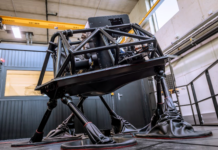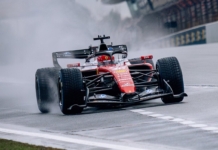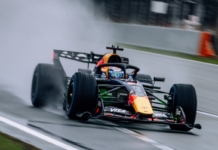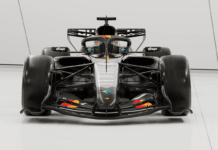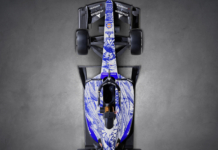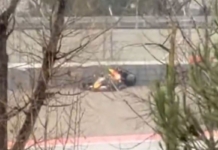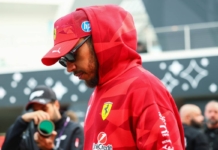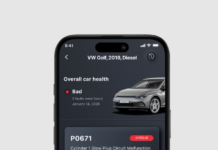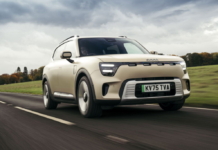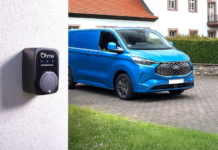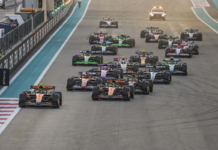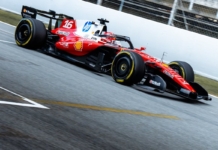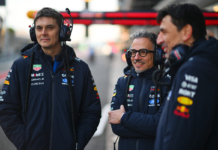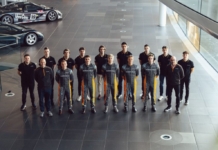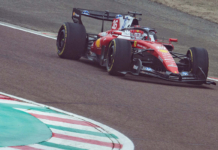Volvo Cars has signed a new agreement with Swedish steel firm SSAB for the supply of high-quality, recycled and near zero-emissions steel starting from 2025. Volvo Cars is the first car maker to sign a supply agreement for recycled, near zero-emissions steel for serial production deliveries.
The agreement is an extension of a long-term existing collaboration between the two companies, with the purpose of being at the forefront of the transition to more sustainable steel.
In addition to buying recycled and near zero-emission steel, Volvo Cars progresses towards its circular ambitions by also selling scrap steel, helping Volvo Cars to keep materials at the highest value for the longest period of time in a closed loop system.
“One of the biggest sources of CO₂ emissions in our production process is the steel we use to build our cars, averaging 25 percent of all material-related emissions for a new Volvo car,” says Francesca Gamboni, our chief supply chain and manufacturing officer. “We work towards achieving net-zero greenhouse gas emissions by 2040, and cutting steel-related emissions really has the potential to move the needle.”
The recycled steel will be used in selected components of the forthcoming, fully electric EX60 SUV, as well as other cars based on Volvo Cars’ next-generation SPA3 car architecture. Crucially, this recycled steel meets the same safety-related requirements as for primary steel in terms of strength and durability.
SSAB’s closed loop system recycles scrap steel, significantly reducing CO₂ emissions and keeping materials and natural resources in use for longer. Compared with traditionally produced steel in Europe, SSAB’s recycled steel generates almost 100 per cent less CO₂ emissions in own operations and is made with a recycled content of almost 100 percent.
“Steel is an important material to ensure the safety, strength and durability of our products and traditionally it’s a significant contributor to our carbon emissions,” says Francesca Gamboni. “By signing this agreement, we have taken an important step in reducing the impact on the environment and increase the awareness for using recycled materials within our supplier network.”
Volvo Cars is committed to a fully electric future and has the ambition to achieve net-zero greenhouse gas emissions by 2040. By 2030, the aim is to have reduced CO₂ emissions per car by 65-75 per cent compared to a 2018 baseline, by continuously reducing CO₂ emissions across the value chain.
The agreement with SSAB is an example of this. It also supports Volvo Cars’ circularity ambitions, with the aim to use an average of 30 per cent recycled content across the fleet by 2030, and for new car models released from 2030 to contain at least 35 per cent recycled or bio-based content.









